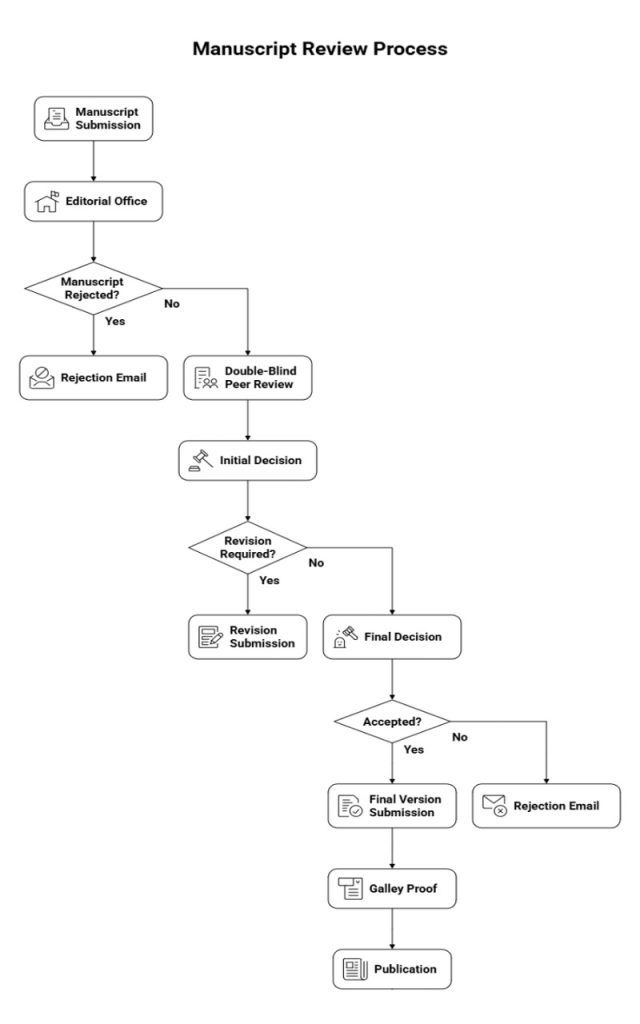
Journal of Biodiversity and Conservation is based on independent and unbiased double-blinded peer-reviewed principles. Only unpublished papers that are not under review for publication elsewhere can be submitted.
The open journal system will be used for peer-review of scientific journals to meet the criteria of an international editorial manager system. It provides greater flexibility and degree of transparency at each level concerning the authors, editors, and reviewers, respectively. The standard peer review process is also essential from the perspective of editorial board members, who take the responsibility in shaping the open access articles to meet the international standards of open access journals.
Peer-reviewed articles are assessed and critiqued by the scientists and experts in the same field after the article is distributed for review. An author is expected to incorporate the suggested changes before publication. This process enriches the content and improves the quality of the presentation considerably.

Copyright © 2025 Journal of Biodiversity And Conservation || Designed By Antler’s Solution